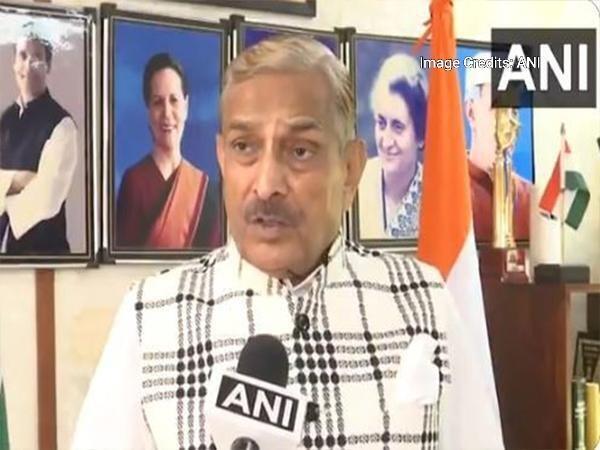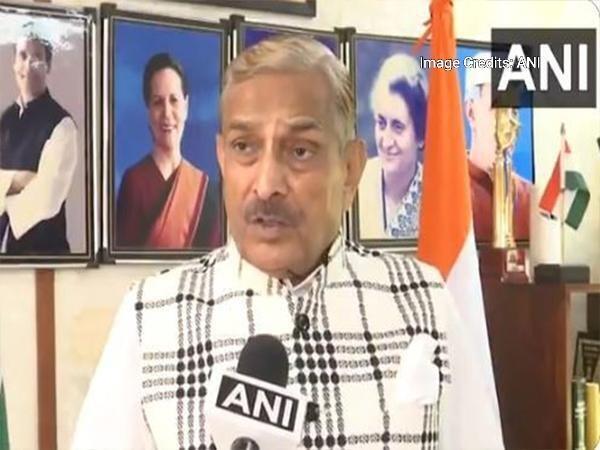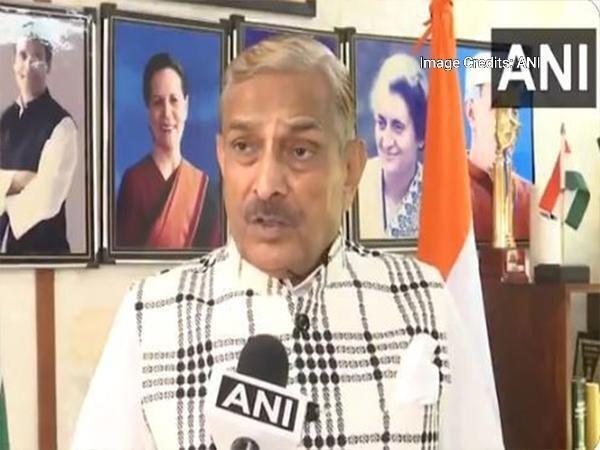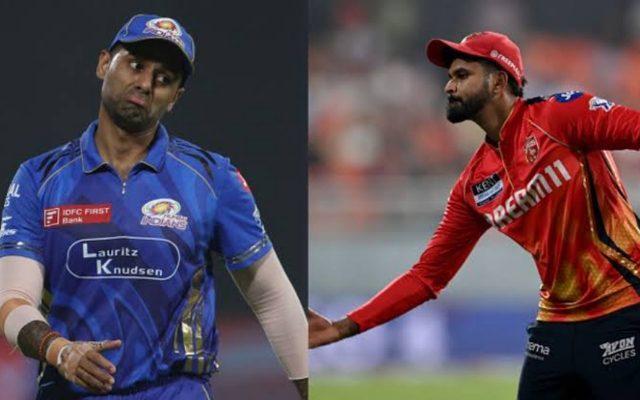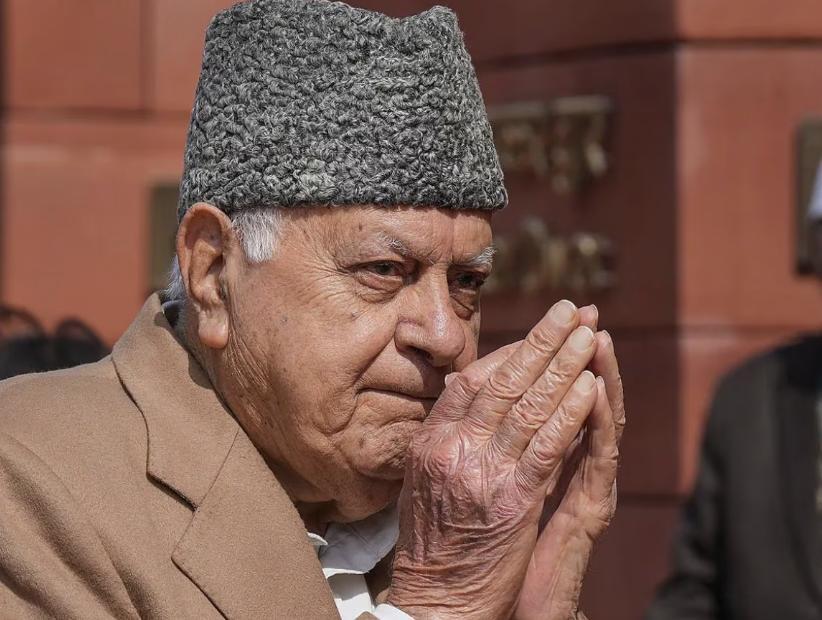
Ex-R&AW chief Dulat claims Farooq privately backed Article 370 abrogation, he denies
In his latest book, “The Chief Minister and the Spy”, former R&AW chief AS Dulat has made a stunning claim regarding the abrogation of Article 370, which granted special status to Jammu and Kashmir. Dulat, who served as the chief of India’s external intelligence agency from 1977 to 1984, claims that former Jammu and Kashmir Chief Minister Farooq Abdullah privately backed the move to abrogate Article 370.
According to Dulat, Abdullah’s National Conference (NC) suggested that the abrogation of Article 370 would have helped in passing the Bill in Parliament. However, Abdullah has denied these claims, calling them a “figment of imagination of the author who claims to be my friend”.
In his book, Dulat recounts his interactions with Abdullah, who was the Chief Minister of Jammu and Kashmir from 1987 to 1990 and again from 1996 to 2002. Dulat claims that during a meeting in 1999, Abdullah expressed his willingness to support the abrogation of Article 370, which would have relinquished the state’s special status.
Dulat’s claim is significant, as it contradicts Abdullah’s long-standing stance on the issue. The former Chief Minister has consistently maintained that the abrogation of Article 370 is a “betrayal of the people of Jammu and Kashmir”. Abdullah has also been a vocal critic of the Bharatiya Janata Party (BJP) and its leaders, including Prime Minister Narendra Modi, for their role in the move.
The abrogation of Article 370 was a contentious issue that has been debated for decades. The provision, which was introduced in the Constitution in 1954, granted special status to Jammu and Kashmir, including its own constitution, flag, and autonomy over land and taxation. However, the BJP and its allies have long argued that the provision was a relic of the past and hindered the state’s integration with the rest of the country.
In August 2019, the Indian government, led by the BJP, introduced a Bill in Parliament to abrogate Article 370. The Bill was passed, and the special status of Jammu and Kashmir was revoked, effective from October 31, 2019. The move was accompanied by a change in the state’s administrative status, with the creation of two union territories – Jammu and Kashmir, and Ladakh.
Abdullah’s denial of Dulat’s claims has sparked a fresh controversy, with many questioning the former Chief Minister’s motives. Some have suggested that Abdullah may have been trying to distance himself from the controversy, while others have argued that Dulat’s claims are an attempt to tarnish Abdullah’s reputation.
Dulat, who has written several books on his experiences in R&AW, has a reputation for being a straight shooter and has never shied away from speaking his mind. His claims, therefore, carry significant weight, and Abdullah’s denial has only added to the intrigue surrounding the issue.
In the aftermath of the controversy, many have questioned the implications of Dulat’s claims. If true, it would suggest that Abdullah’s National Conference was willing to compromise on the issue of Article 370, which would have significant implications for the party’s credibility among the people of Jammu and Kashmir.
The controversy has also raised questions about the role of politicians in shaping public policy. While politicians often engage in backroom deals and negotiations, it is rare for such deals to be publicly revealed, especially when they are as significant as the abrogation of Article 370.
Ultimately, the truth behind Dulat’s claims will remain a mystery until further evidence emerges. However, the controversy has once again highlighted the complexities and controversies surrounding the issue of Article 370, which continues to be a contentious issue in Indian politics.
Source: https://repository.inshorts.com/articles/en/PTI/5880e3bf-0a05-40d6-887a-465b5c760b3a
